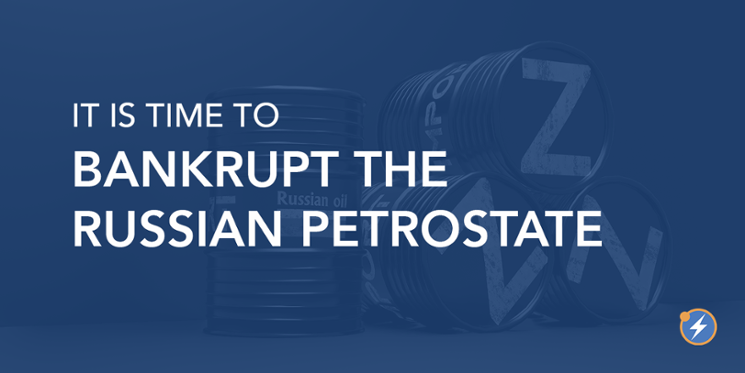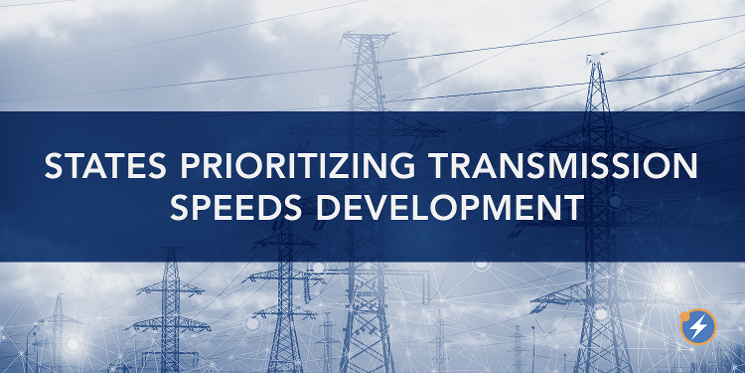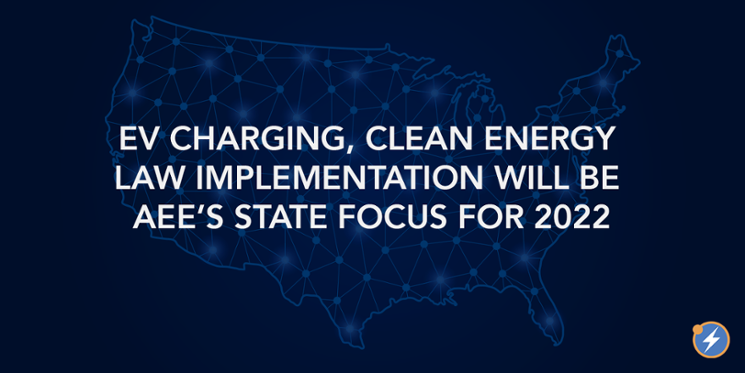
As Russia’s brutal invasion of Ukraine drags on, it’s important to realize the role our energy choices are playing in the conflict. Our nation’s addiction to oil is financing violent autocrats, like Vladimir Putin, giving them the resources to wage wars abroad and oppress citizens at home. Congress and the White House have reacted by sanctioning Russia’s economy and banning fossil fuel imports from Russia to eliminate America as one of their customers, but it does not put Putin out of business. The best way for America to bankrupt Putin and other petro-dictators is by slashing oil demand here and around the world.

/Blog-Post_2022-02-23%20745.png?width=745&name=Blog-Post_2022-02-23%20745.png)

/Blog-Post_2022-02-09%20745.png?width=745&name=Blog-Post_2022-02-09%20745.png)